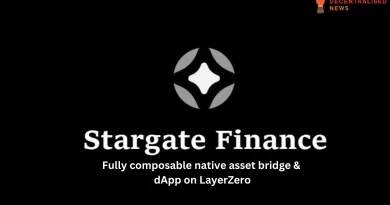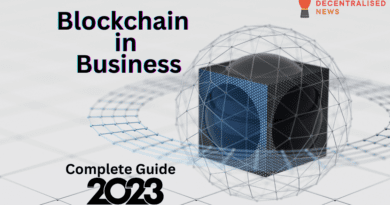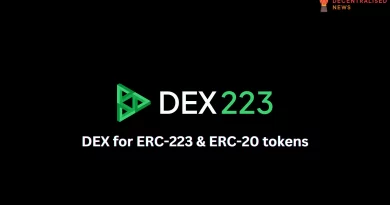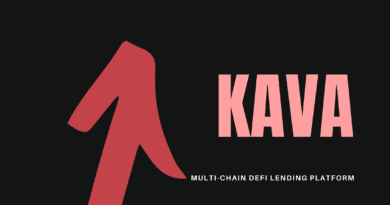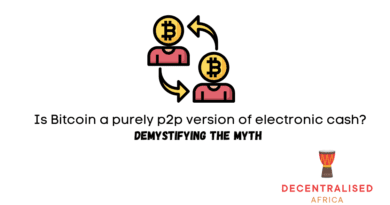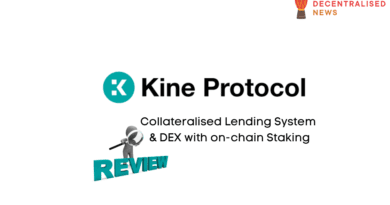The Future of Work: Blockchain and AI in the Gig Economy
The gig economy, characterized by short-term contracts and freelance work as opposed to permanent jobs, has seen explosive growth facilitated by technological advances. In particular, two technological juggernauts – blockchain and Artificial Intelligence (AI) – are reshaping how gig work functions, promising a more efficient, secure, and equitable marketplace. This fusion could not only redefine how we work but also lay new groundwork for the future digital economy.
The Gig Economy Today: A Landscape Ripe for Revolution
Traditionally, the gig economy has hinged on platforms like Uber, Airbnb, and Fiverr, which connect freelancers with opportunities. Despite their popularity, these platforms often face criticism over high fees, payment security, and opaque dispute resolution processes. This is where AI and blockchain step in as game-changers.

Blockchain, the technology behind cryptocurrencies like Bitcoin, offers decentralized and secure ledger systems. For the gig economy, this means several transformative changes:
- Direct, Secure Payments: By using cryptocurrencies for transactions, payments can be processed without the need for traditional banking, reducing fees and increasing security. Smart contracts – self-executing contracts with the terms of the agreement directly written into lines of code – ensure automatic and conditional payments, dependent on the fulfilment of agreed-upon work, reducing the scope of disputes and delays.
- Transparent Work Histories: Blockchain can provide a transparent, unchangeable record of a freelancer’s work history and reviews. Unlike current platforms where profiles can be manipulated, blockchain’s immutable records ensure reliability and authenticity, helping employers to hire with confidence.
- Decentralization and Ownership: By decentralizing the marketplace, blockchain takes power away from centralized platforms, reducing unfair censorship or control. It also hands back ownership of personal data to the individuals, aligning with growing demands for data privacy and control.
AI’s role in revolutionizing the gig economy is no less impactful, particularly in personalized job matching and enhancing work efficiency:
- Personalized Job Matching: AI algorithms can analyze a freelancer’s skills, work history, and preferences to match them with the best-suited gigs. Unlike traditional methods, this reduces the time spent searching for and applying to irrelevant jobs, increasing efficiency and job satisfaction.
- Enhanced Productivity Tools: AI-powered tools help freelancers manage tasks, track time, and optimize their workflow, effectively increasing their productivity. Predictive analytics can help in forecasting workload and income, aiding better financial and time management.
- Dynamic Pricing Models: AI can analyze market rates, skill demand, and job complexity to suggest dynamic pricing, helping freelancers in setting competitive yet fair rates for their services.
The integration of blockchain and AI in the gig economy isn’t just a futuristic concept; it’s already underway. Companies like Upwork and Freelancer.com are exploring blockchain for secure transactions and reputation management, while AI continues to refine the art of job matching on these platforms.
However, challenges remain, including the digital divide, the need for robust AI ethics, and the energy consumption concerns associated with blockchain technologies. Tackling these will require concerted efforts from tech developers, policy makers, and the freelance community itself.
Key Takeaways
As we step into this new era of gig work, blockchain and AI stand as pillars that promise to build a more transparent, fair, and efficient marketplace. Their convergence could well redefine not just how we work or get paid, but also how trust and reputation are built in the digital freelance economy. The future of work in the gig economy, powered by these technologies, looks not only promising but also excitingly inclusive, bringing us closer to a world where work is more about talent and merit, less about control and intermediaries.


